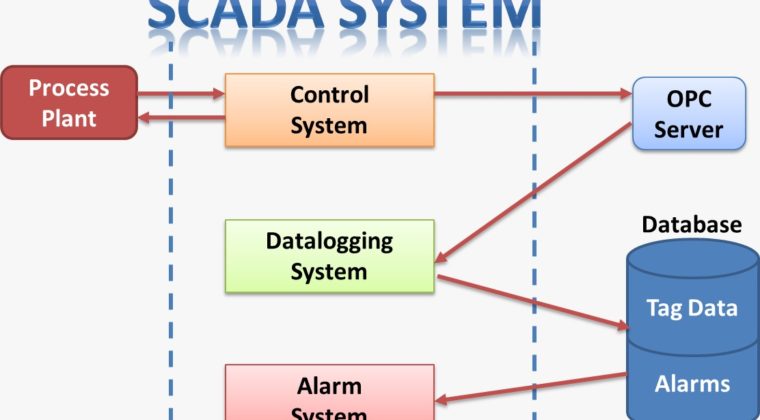With the continuous development and adaptation of Internet of things and Industry 4.0 in the analysis and application of industrial data made some users to wonder of the future automation technologies. The rise of concepts like the Industrial Internet of Thing (IIoT) and more formalized digitalization like Industry 4.0 have led many industry to think about the future of automation hardware and software, this is according to a supplier fo HMI/SCADA, analytics and energy management software Sam Walton of Iconics UK.
Technologies that provides the key sources of data and data conveyance that is required by IIoT are sensors, controllers and industrial networks which will be used in the near future but what about the automation technologies like SCADA? How will this technology adapt or will it be replaced as the industry becomes more connected?
“SCADA as an operator interface and the features that make it obligatory – such as schematic visualisation, alarming, data logging, real-time control and the passing of data to data historians – are not going to be completely negated by IIoT technology, at least not anytime soon,” he says. He contends that it’s not a question of whether or not SCADA will be replaced by IIoT technologies. The more appropriate question to ask, Walton suggests, is: “Can the two concepts be integrated and what role will they play in the factory of the future as a new tidal wave of data from the IIoT surfaces?”
The suppliers of Iconics and other SCADA/visualization technology are developing the capabilities that are cited above, The IIoT will not eliminate SCADA but will be integrated as what Walton says.
“Despite traditional SCADA systems operating in the ‘micro’ environment of manufacturing, collecting and visualising the day-to-day operations of a factory or process as the ‘macro’ environment of Industry 4.0 and IIoT expands, a more powerful SCADA is already here for use in this expanding macro environment,” says Walton.
Please contact us for further information.



